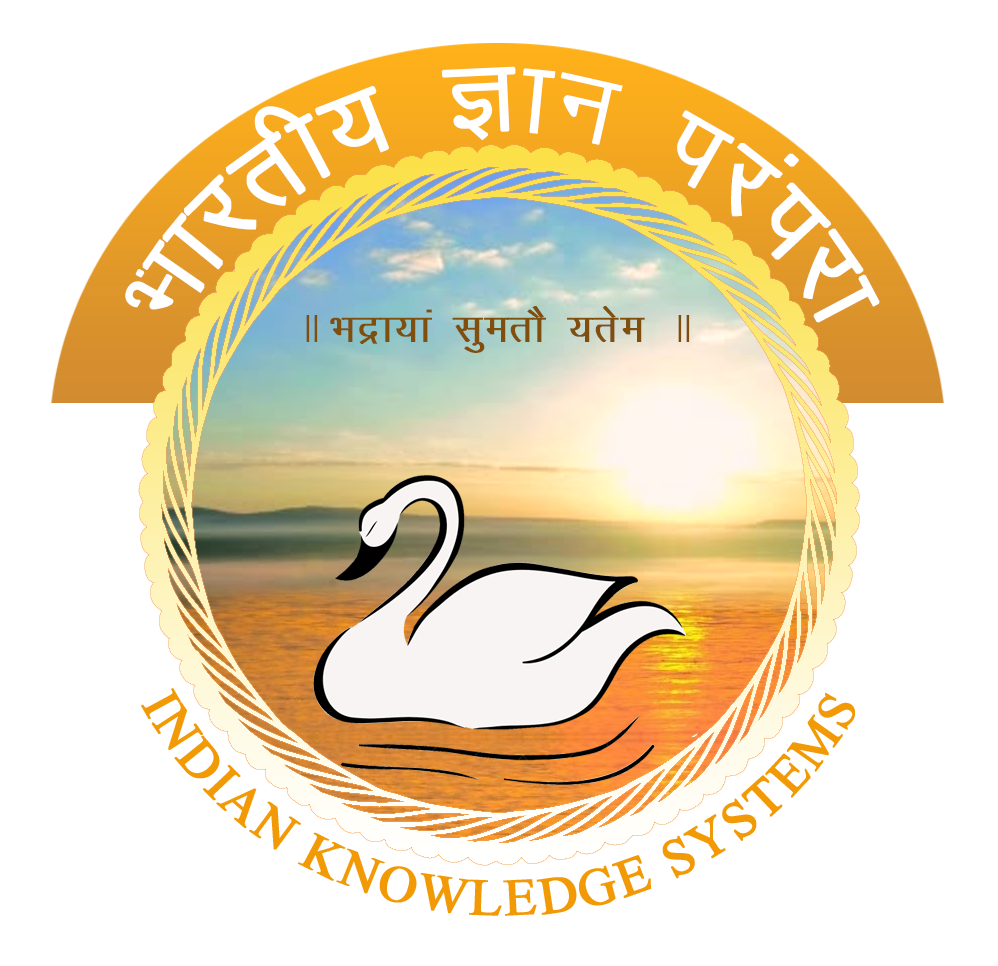Astronomical_Instruments_Competition
Background:
Bharat has a glorious tradition of astronomy. Pioneers of astronomy, starting from Vrdha Garga, Aryabhata, Maadhavacharya, Nilakantha Somayaji, and continuing all the way up to Pathani Samanta, have made immense contributions to observational astronomy and mathematics. These observations were aided by many ingenious and innovative instruments to aid the visual astronomy. The challenge is to recreate the physical forms of these instruments listed below.
Category 1 Instruments:
- Manayantra
- Dhanuryantra
- Shanku
- Horizontal sundial
- Vertical sundial
- Equatorial sundial
- Polar sundial
- Analemmatic sundial
Category 2 Instruments:
- Daksinottara Bhitti Yantra
- Digamsa Yantra
- Jay prakash yantra
- Nadi Valaya
- Ram yantra
- Sasthamsa yantra
- Samrat yantra
Competition:
There are three categories for competition.
Category 1: This is open to teams of students (3-5 students per team) from class 6 to class 12 anywhere in Bharat. The students must be from one school working under a mentor. Any person (not necessarily a teacher) can be designated as a mentor by the school. They will create instruments in Category 1.
Category 2: This is open to teams of students (3-5 students per team) in any undergraduate program in Bharat. The students can be from multiple institutions. They will create instruments in Category 2.
Category 3: This is open to everyone, including for-profit companies, trusts, etc. They will create instruments in Category 1 and 2.
Evaluation Criteria:
General Criteria applicable to all teams:
- Each team must build all instruments in their categories
- Each team can submit only one application.
- Students can be part of one team.
Category 1:
Category 2:
- Explanation of the workings of the model is required. The mathematics behind the design of the instrument should be explained
- Innovations and extensions to the traditional designs are strongly encouraged. The innovations must be passive (i.e., do not use any power sources).
- Use of sustainable materials is encouraged.
- Explanation of the workings of the model is required. The mathematics behind the design of the instrument should be explained.
- Innovations and extensions to the traditional designs are strongly encouraged. The innovations must be passive (i.e., do not use any power sources).
- Simplicity and utility for pedagogical use will be given top priority.
- Durability and economics will be very important criteria for evaluation.
Category 3:
The instruments would be judged on the following criteria: 25% clarity of presentation, 25% ease of construction and economics, 25% accuracy of the instrument and 25% creativity. Only entries that are based on traditional observational astronomy methods (supported by appropriate primary and secondary references) will be considered for evaluation. Any materials can be used for construction.
Prizes and more:
Category 1: The winning entry would be awarded a prize of 25,000 INR, the second placed entry would be given 15,000 INR and the third place gets 10,000 INR. Next five best entries will be recognized with a cash prize of 5,000 INR. All team members, mentors and principals of the schools will be recognized with certificates given by IKS Division of Ministry of Education, Govt. of India.
Category 2: The winning entry would be awarded a prize of 50,000 INR, the second placed entry would be given 25,000 INR and the third place gets 15,000 INR. Next five best entries will be recognized with a cash prize of 5,000 INR. All team members, mentors and their institutions will be recognized with certificates given by IKS Division of Ministry of Education, Govt. of India.
Category 3: The winning entry would be awarded a prize of 100,000 INR, the second placed entry would be given 50,000 INR and the third place gets 25,000 INR. Next five best entries will be recognized with a cash prize of 10,000 INR. In addition, the winning entries will be given preference in the tendering process of the larger project.
Imporant Note for Teachers/Mentors:
As an example activity, a few training videos related to the expert talk for making and operation of traditional astrological instruments are uploaded. Teachers who sincerely participate in the teaching-training process will be awarded online certificates, and a few selected teachers with the highest scores may be invited to the Mahakal conference to be held in Ujjain in March 2026. Certificate selection will be based on my gov quiz. Teachers are expected to train students under the respective categories before the final date for submission of student entries.
My Gov - Common assessment Quiz for Teachers/Mentors and all participants
Click here for Astronomy Instrument Making Learning resources
Astronomy Instrument Making Workshop youtube playlist
Astronomy Instrument Making Online Workshop Videos
Deadlines:
The last date of submission of the entries is 31st January 2026.The works can be submitted through the link provided below. The final competitions among the eight best teams will be held in Ujjain, Madhya Pradesh during the international conference, “Mahakala: The master of time Timeless traditions of astronomy, astrophysics, and cosmology” to be held in April 3rd,4th,5th 2026 , Ujjain, and Dongla, Madhya Pradesh.
Important Dates:
| Competition Announcement Date: | 2nd October 2025 |
| Expert talks: | November 2025 |
| Last date of Submission: | 31st January, 2026 |
| Selection/Evaluation of winning teams: | 20th February 2026. |
| Grand Finale: | April 3rd,4th,5th 2026. |

 Indian Knowledge Systems Division
Indian Knowledge Systems Division